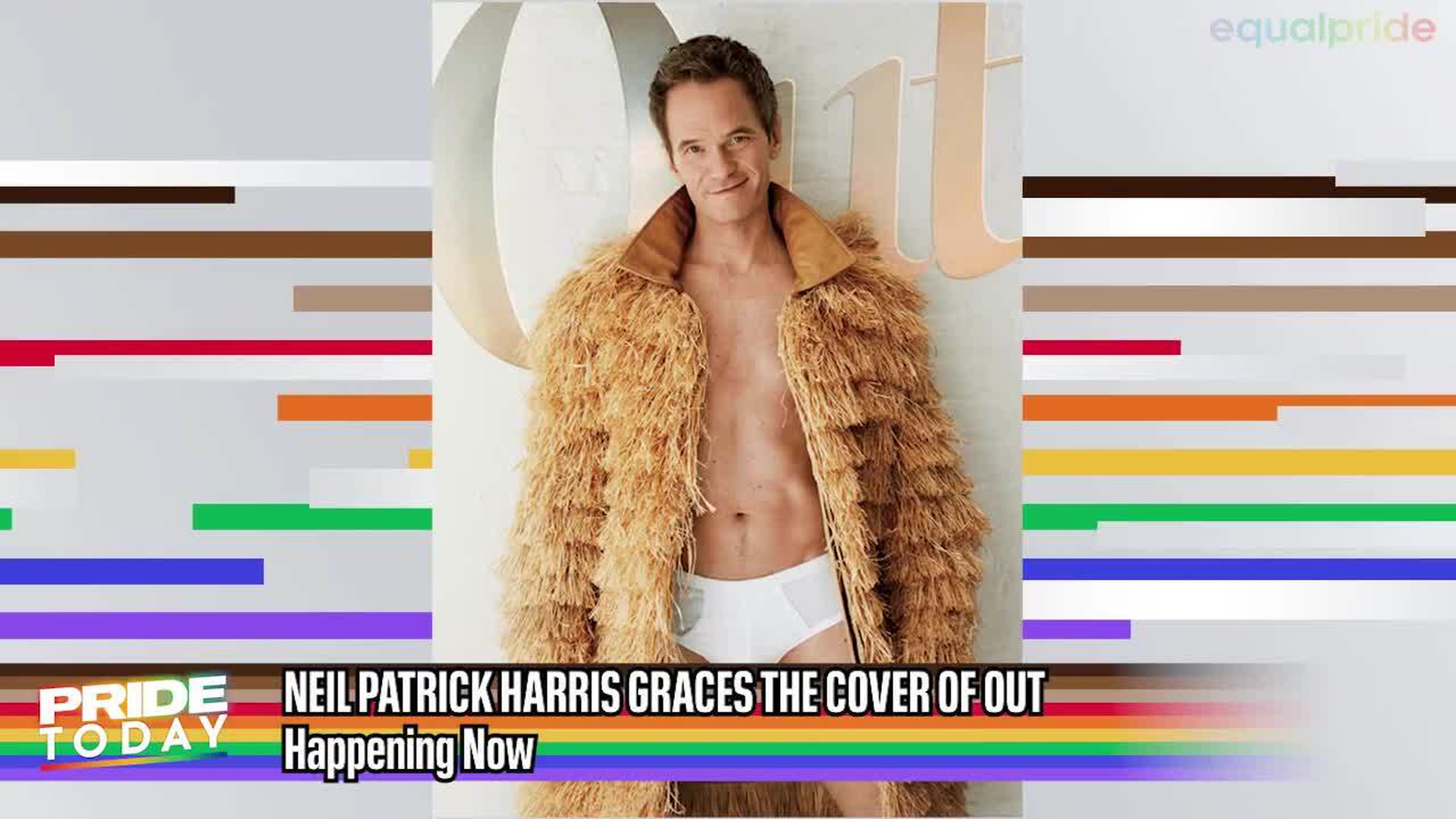News
LGBTQ+ Support Included in New 988 Crisis Lifeline

In case of a mental health crisis, people can call 988 as of July 16 to access help.
July 07 2022 12:02 PM EST
Cwnewser
By continuing to use our site, you agree to our Privacy Policy and Terms of Use.

In case of a mental health crisis, people can call 988 as of July 16 to access help.
For years, people experiencing a mental health crisis have had to remember to call crisis hotlines with 10-digit numbers -- unlike simply calling 911. But a new three-digit mental health emergency hotline will launch on July 16 for those experiencing mental health crises or at risk of suicide. This new number is 988.
Currently available by phone or text at (800) 273-8255 and online, the National Suicide Prevention Lifeline number will become 988. The switch to 988 will occur in nine days, according to the National Suicide Hotline Designation Act, signed into law by former President Donald Trump in October 2020 after passing the Senate with bipartisan support.
The legislation also mandated that the switch to 988 include strategies to provide specialized services to LGBTQ+ youth, who contemplate suicide four times as often as their non-LGBTQ+ peers.
The short number will be easier to remember, which will help more people in crisis -- particularly LGBTQ+ young people, officials hope.
Fewer than half of states have passed legislation to cover the cost of 988 implementation, according to NBC News. As a result, organizations are being encouraged to do more to ensure that Lifeline providers are prepared for the increase in callers expected as the switch goes into effect.
"We are at the start of a transition, not the end, and there is still a lot of work to be done," said John Palmieri, acting director of the 988 and Behavioral Health Crisis Coordination Office at the Substance Abuse and Mental Health Services Administration (SAMHSA), The Washington Post reports.
However, the Lifeline has been "massively underfunded and under-resourced" since its 2005 inception, he added.
An important task on the 988 implementation agenda is identifying which LGBTQ-focused organizations will be eligible to receive $7.2 million in funding for specialized services to LGBTQ+ youth.
Officials must finalize plans and funding to provide the necessary LGBTQ-specific training to 988 crisis responders, according to experts who study LGBTQ+ young people's mental health -- especially given the flood of anti-LGBTQ+ legislation passed across the country.
Thousands of trained volunteer crisis counselors from across the country manage the Trevor Project's 24/7 crisis hotline, which serves more than 300,000 LGBTQ+ youth annually.
Preston Mitchum, director of advocacy and government affairs for the Trevor Project, praised the implementation.
"The launch of 988 is a watershed moment for transforming our country's crisis care system, providing an opportunity for safe, accessible, equitable care - supported by local mobile crisis teams," Mitchum said in a statement to The Advocate. "This will hopefully make accessing mental health crisis services easier for those in need, and we are thrilled to see this finally come to fruition after years of work from mental health advocates and organizations across the country."
He warned that more work was needed to ensure a smooth rollout.
"We urge Congress to pass the bipartisan 988 Implementation Act immediately to ensure the hotline is equitably and comprehensively rolled out," he said. "By doing so, we can have federal legislation that ensures 988 serves all communities, including the unique needs of young people who are LGBTQ, BIPOC youth, and/or have a disability, without further perpetuating systems that harm these marginalized youth in crisis."
Nearly half of LGBTQ+ young people seriously considered suicide within the last year, and one in five transgender and nonbinary teens attempted suicide, according to the Trevor Project's 2022 National Survey on LGBTQ+ Youth Mental Health.
In addition, the Trevor Project CEO, Amit Paley, recently told The Advocate that the current political climate contributes to the mental health crisis facing queer youth. Whether anti-LGBTQ+ legislation passes or not, Jonah DeChants, the Trevor Project's research scientist, said queer youth suffer. In a survey conducted by the Trevor Project and Morning Consult, two-thirds of LGBTQ+ youth and 85 percent of transgender and nonbinary youth feel adversely affected by current political debates.
Lifeline crisis counselors may also significantly impact the lives of LGBTQ+ young people who reach out to them. According to a 2019 Trevor Project national survey, LGBTQ+ youth who reported having at least one accepting adult attempted suicide 40 percent less than those who did not, regardless of race, ethnicity, or gender identity.
Information on how crisis counselors can best support LGBTQ+ youth is available on the Trevor Project's website and in local LGBTQ+ centers.
If you or someone you know is distressed, call the National Suicide Hotline at (800) 273-8255. In addition, if you are an LGBTQ+ youth and need help, you can reach out to The Trevor Project at (866) 488-7386 or text 678678 to talk to someone 24/7.
Follow More Advocate News on Pride Today Below

Charlie Kirk DID say stoning gay people was the 'perfect law' — and these other heinous quotes